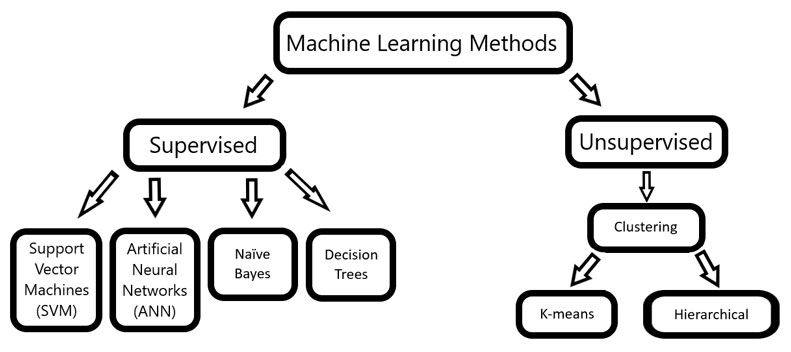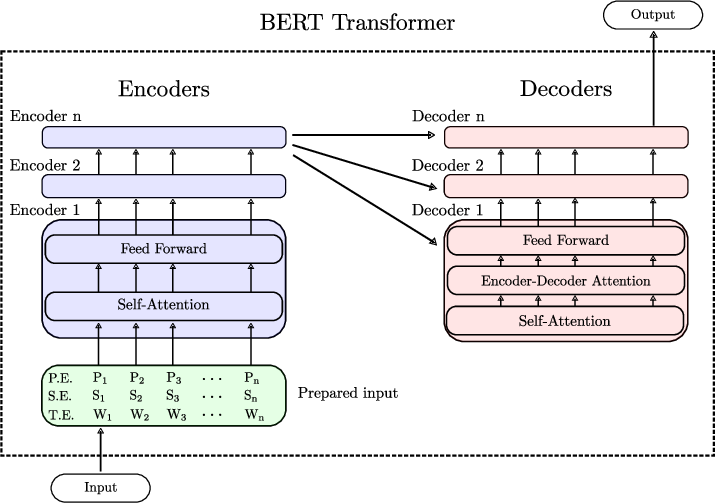What is Machine Learning (ML)
Table of Contents
Machine Learning is the science of getting computers to act without being explicitly programmed.
In traditional programming, developers write code that instructs the computer on how to perform a specific task.
However, with ML, computers can learn from data and make decisions or predictions based on that data.
This ability to learn and adapt without human intervention is what sets ML apart from traditional programming.
In this article, I’m going to explore the types of machine learning, its applications in the real world, challenges, opportunities and future trends of this technology.
Types of Machine Learning
There are three main types of ML: supervised learning, unsupervised learning, and reinforcement learning.
In supervised learning, the algorithm is trained on labeled data, meaning that the input data is paired with the correct output.
The algorithm learns to predict the output based on the input data it has been trained on.
Unsupervised learning, on the other hand, involves training the algorithm on unlabeled data. The algorithm learns to find patterns and relationships in the data without being given specific instructions on what to look for.
Reinforcement learning is a type of ML where the algorithm learns by interacting with an environment and receiving feedback based on its actions.

Applications of Machine Learning
Machine Learning has a wide range of applications across various industries. In healthcare, ML is being used to improve disease diagnosis, personalized treatment plans, and drug discovery.
In finance, ML algorithms are used for fraud detection, risk assessment, and automated trading.
In marketing, ML is utilized for personalized recommendations, customer segmentation, and predictive analytics.
In manufacturing, ML is used for predictive maintenance, quality control, and supply chain optimization. The possibilities are endless, and the potential for ML to revolutionize industries is immense.
Challenges and Opportunities
While Machine Learning has the potential to revolutionize industries and improve efficiency, there are also challenges that need to be addressed.
One of the main challenges is the lack of interpretability of ML models. Many ML algorithms operate as black boxes, meaning that it is difficult to understand how they arrive at a particular decision or prediction.
This lack of transparency can be a barrier to adoption, especially in industries where accountability and transparency are crucial.
Another challenge is the need for high-quality data. ML algorithms rely on data to learn and make predictions, so having access to large, high-quality datasets is essential for the success of ML projects.
Additionally, there is a shortage of skilled professionals with expertise in ML. As the demand for ML experts continues to grow, there is a need to invest in education and training programs to build a workforce with the necessary skills.
Despite these challenges, there are also numerous opportunities for ML to drive innovation and create value.
By harnessing the power of ML, businesses can gain valuable insights from their data, automate repetitive tasks, and improve decision-making processes.
ML can also enable new business models and revenue streams by unlocking new opportunities for personalization and customization.
The Future of Machine Learning
As technology continues to evolve, Machine Learning is poised to play a significant role in shaping the future of technology.
With advancements in deep learning, reinforcement learning, and other ML techniques, there is no limit to the potential applications of this revolutionary technology.
From autonomous vehicles to personalized medicine, ML has the power to transform industries and improve the way we live and work.
In conclusion, Machine Learning is a powerful technology that is revolutionizing the future of technology.
With its ability to learn from data and make predictions, ML has the potential to drive innovation, improve efficiency, and create value across various industries.
Machine learning methods image credits:
Wikimedia Commons | License details


Carlos Mascareño offers a comprehensive exploration of Machine Learning (ML), highlighting its transformative power across diverse sectors. From its foundational methodologies like supervised and unsupervised learning to its profound impact in areas like healthcare, finance, and beyond, the article underlines both the revolutionary applications and the hurdles like data quality and model transparency. For anyone beginning their journey into ML or seeking to deepen their understanding, further enriching content can be found here(https://dataexpertise.in/machine-learning-beginners-guide/), designed to guide beginners through the basics of ML applications and innovations.
Thanks for your comment!